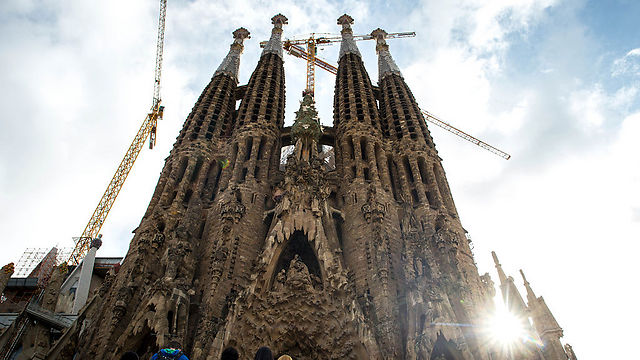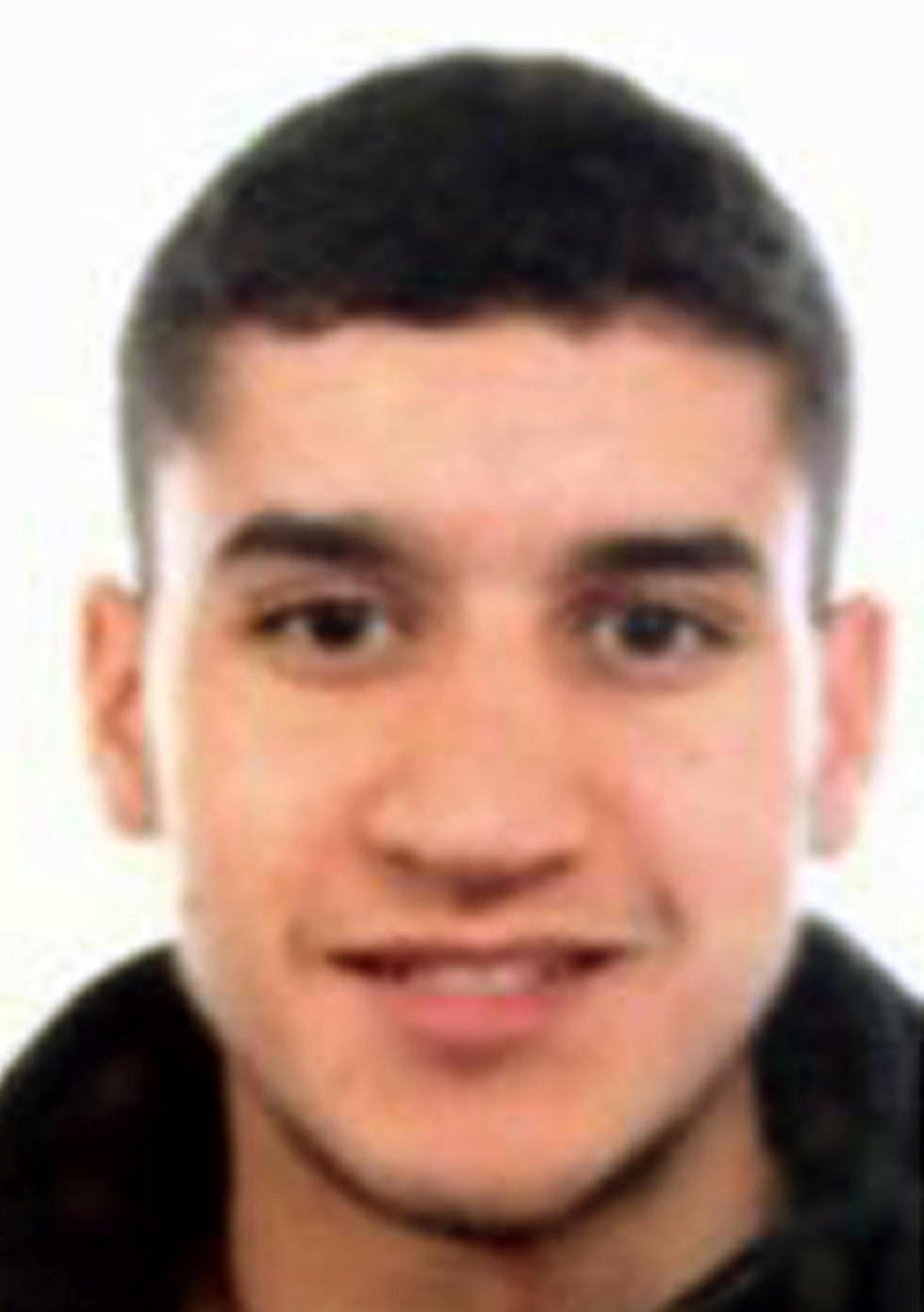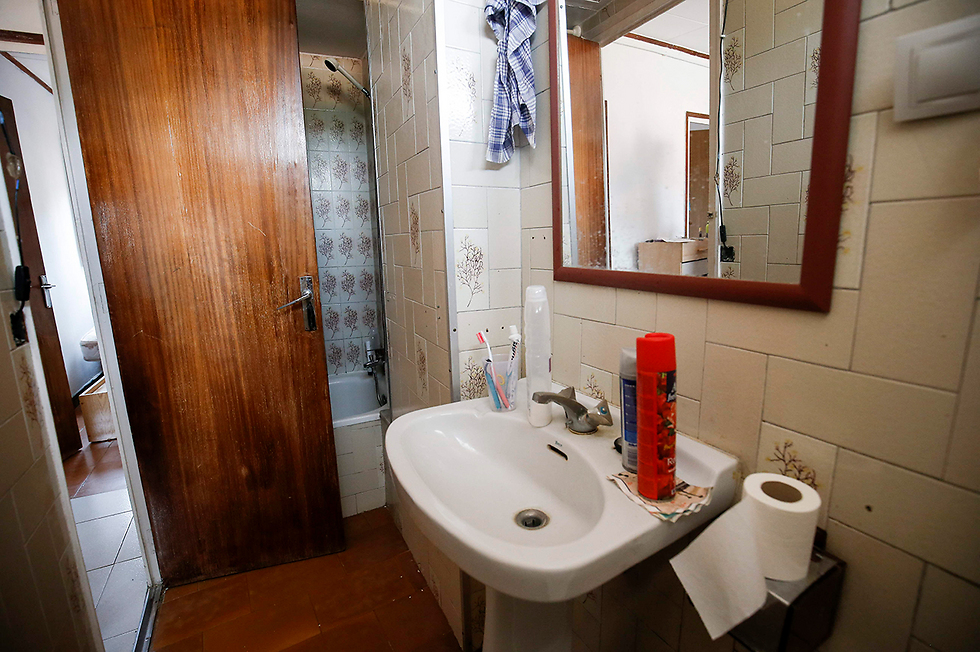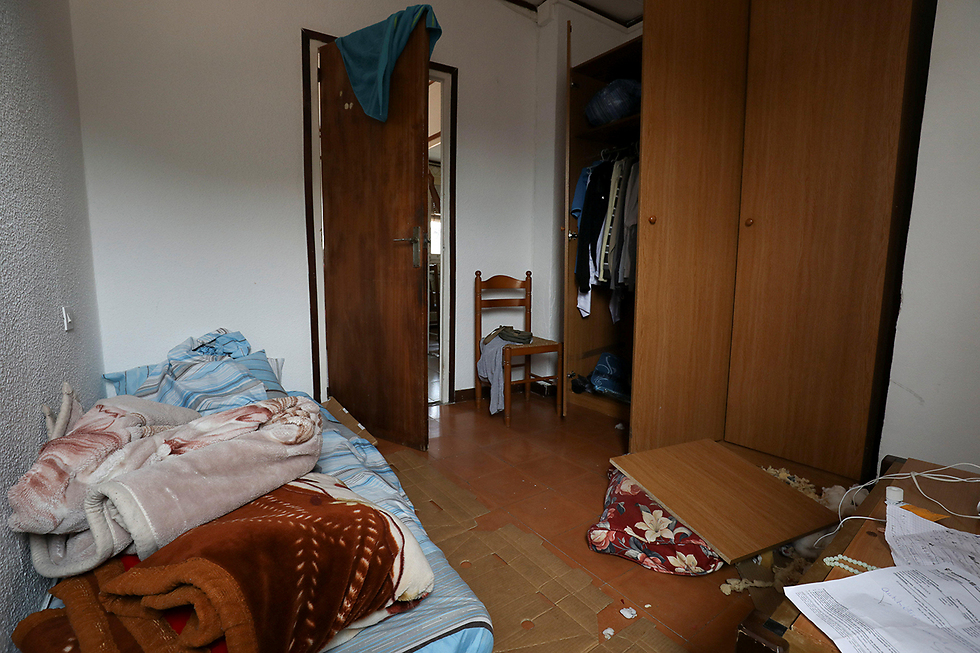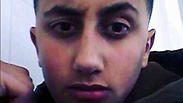
'Terrorists planned on destroying Barcelona's Sagrada Familia church'
After Spanish security forces raid terrorists' headquarters, an abandoned plan of theirs is discovered; namely, to use a highly combustible explosive named 'Mother of Satan' to blow up Barcelona's Sagrada Familia church; manhunt after Barcelona attack driver continues.
The terrorists who carried out the dual vehicular attacks in Barcelona and Cambrils on Friday were apparently out to cause an even greater attack, which was seemingly scrapped due to an explosives malfunction at their lair in the town of Alcanar on Wednesday night: according to Spanish news sites, the terrorists planned on taking three trucks loaded with explosives and combustible gas and use it to destroy one of Barcelona's most recognizable symbols—the Sagrada Família church, designed by Antoni Gaudi.
Members of the terror cell planned on detonating one truck in La Rambla Boulevard, a second at Gaudi's church and a third at the city's port. To set off the trucks, they planned on using acetone peroxide—a highly-combustible explosive material also known as "the Mother of Satan." The same substance was used during the multi-site terror attack that hit London in July, 2005.
Their master plan, however, was accidentally thwarted a day before it was set to be carried out, after some of the explosives went off Wednesday night in the building where they were being stored.
The gas explosion in Alcanar was initially misconstrued as a domestic accident. Only later did authorities realize that the building was packed with butane canisters and including over 20 drums of gas and TATP explosives.
Initially, only one person was believed to have been killed in Wednesday's blast. But officials said DNA tests were underway to determine if human remains found there Friday were from a second victim. A police official, speaking on condition of anonymity, said investigators believed a Moroccan imam, Abdelbaki Es Satty, might have been the second victim of the house explosion.

Police are now focusing on links with his Moroccan collaborators and the missing imam believed to have radicalized them. Es Satty has yet to be found, and the president of the mosque where he preached said he had not seen him since June, when he announced he was returning to Morocco for three months.
Meanwhile, the police search for the terrorist who raided and murdered 13 people on Wednesday in Barcelona continued. Spanish authorities view the main suspect as 22-year-old Moroccan Younes Abouyaaquoub, whose image was published on Friday in Spanish media.
Even with Abouyaaquoub still at large, Spanish Interior Minister Juan Ignacio Zoido declared the cell to be "broken" after five members were killed by police early Friday in a shootout, four were taken into custody and one or two were killed in Alcanar's house explosion on Wednesday. He said there was no new imminent threat of attack.
The manhunt has spanned Spain and southern France, with French police carrying out extra border checks on people coming from Spain.
Police also conducted a series of controlled explosions Saturday in Alcanar.
The name of the lone suspect at large, Abouyaaquoub, figures on a police list of four main suspects sought in the attacks. All on the list hailed from Ripoll, a quiet, upscale town of 10,000 about 100 kilometers (62 miles) north of Barcelona.
The list was issued throughout Spain and into France, according to a Spanish official and a French police official, who spoke on condition of anonymity to discuss the document.
The French official said Spain had also flagged a Kangoo utility vehicle that was believed to have been rented in Spain by a suspect in Thursday's Barcelona attack that might have crossed the border.
Also named on the list is 17-year-old Moussa Oukabir, whose brother Driss reported his documents stolen to police in Ripoll. Ripoll's mayor confirmed the documents were found in one of the vehicles used in the attacks.
The brothers were born and raised in Ripoll, where the family's first-floor apartment was searched Friday. No one was home.
The Islamic State group initially claimed responsibility for the Barcelona attack. In a new statement Saturday, it also claimed the attack early Friday in Cambrils, in which five extremists mowed down people along the boardwalk before police killed them.











